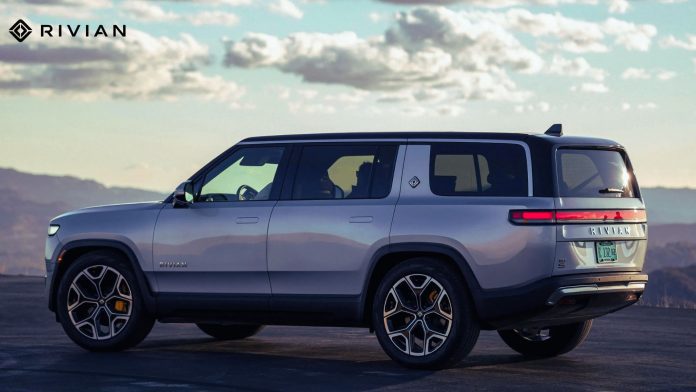Piper Sandler believes that in order to compete with Tesla, Rivian, an EV manufacturer, must address finance issues.
On Thursday, April 13, the company lowered Rivian from overweight to neutral. Additionally, Piper reduced its price target from $63 per share to $15 per share. The new target indicates a little increase from the close on Thursday.
According to analyst Alexander Potter, “We still like Rivian’s strategy, which uses vertical integration to capture lucrative after-sales revenue. Such as software, service, and charging.” Then he adds, “The problem is that this strategy is expensive.” Like Tesla, Rivian must spread its investment over millions of units in order to justify its cost structure, and in order to finance such aggressive expansion.
Potter furthered that in order to reduce its cash burn, Rivian must handle the high expenses associated with managing the vehicle production process. As Tesla does. He claims that while the business has the name recognition to compete in the higher end of the market, it will still need to make cost savings and outsource production. Like software and batteries.
Piper Sandler’s decision to assess Rivian at book value rather than using discounted cash flow is largely to blame for the company’s downgrade. Although Rivian currently produces between 500,000 and 700,000 vehicles, Potter claimed that the company’s yearly production of more than 3 million automobiles was the basis for his previous rating.
Following the downgrade, shares of Rivian decreased by more than 3%. With a loss of 22%, the company’s stock has had a difficult year. To illustrate, shares have decreased by 64.6% in the last 12 months.




